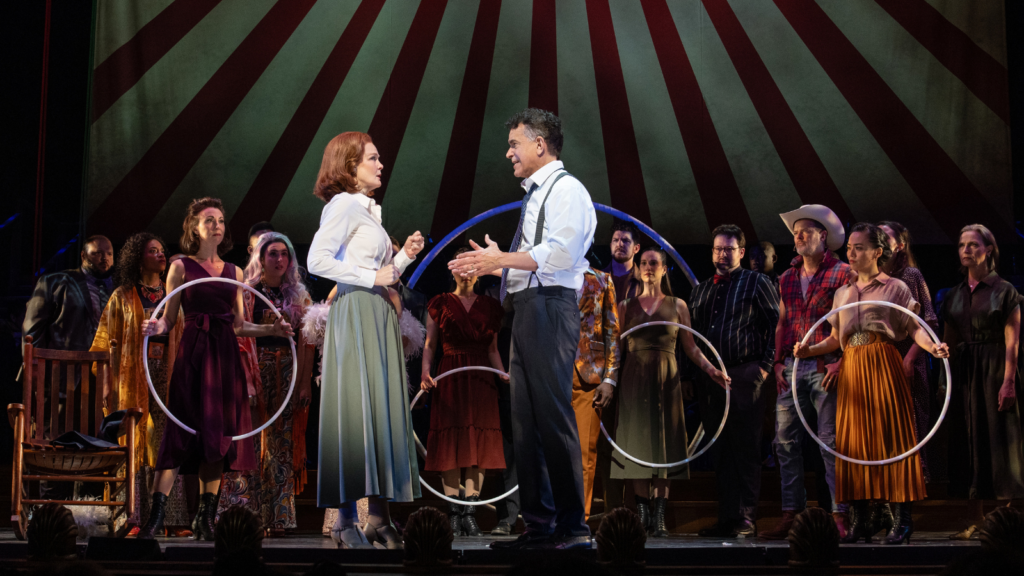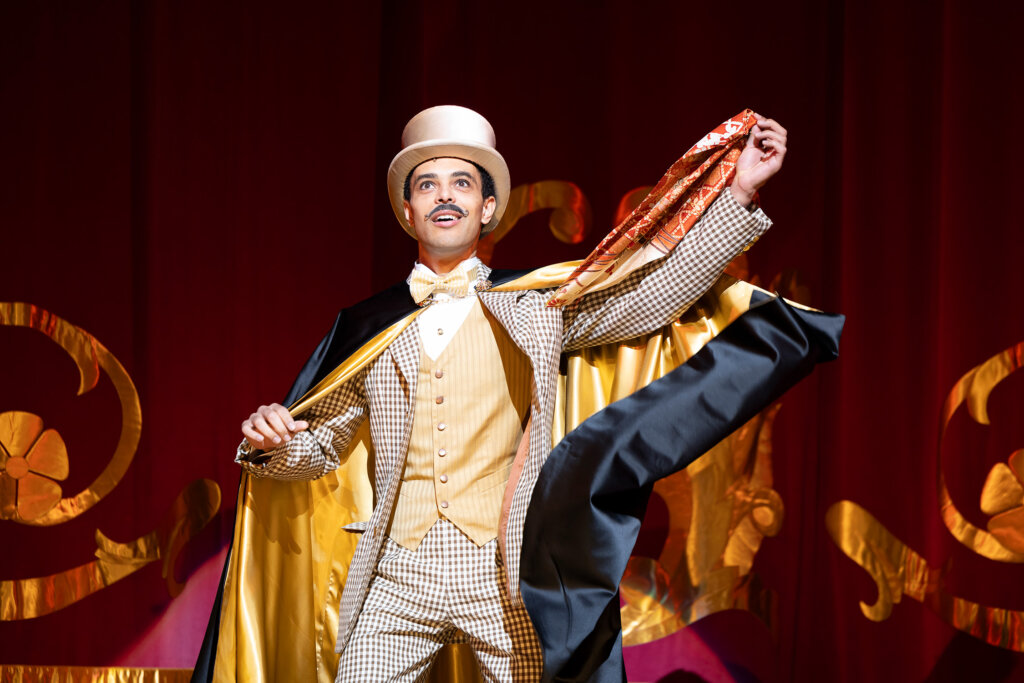
Ian Bostridge (photo at right) stands out among today’s singers as an exponent of Weill’s Four Walt Whitman Songs. In the last five years, he has performed the cycle in Aldeburgh, Vienna, Berlin, and Brussels, all in important venues. This month, he brings a program of songs to commemorate World War I to Berkeley and New York. On 12 April, accompanied by pianist Wenwen Du, he will perform Weill’s Whitman settings at Hertz Hall at the University of California, Berkeley. Five days later, they will repeat the program at the Park Avenue Armory in New York. The program includes songs of Mahler, Britten, Stephan, and Butterworth as well as Weill.
Weill composed three of the four songs early in 1942, as the United States entered World War II; he added the fourth in 1947. Intended both as reflections on the pain, pity, and fervor of war as well as an embrace of his new homeland, Weill’s heartfelt settings continue to speak to today’s audiences. Recently, publisher European American Music released a new edition of the Whitman Songs in which each song is presented in a higher and lower key, in order to give more singers an opportunity to perform them. (Bostridge sings the songs in their original keys.)
The four songs are, in order, “Beat! Beat! Drums!,” “Oh Captain! My Captain!,” “Come up from the Fields, Father,” and “Dirge for Two Veterans.” Weill adopted Whitman’s poems inspired by the American Civil War to capture the martial spirit that overtook the U.S. in 1941; Bostridge adapts them further to take us back to World War I, as soprano Anna Prohaska has also done on a recent recording. Humanity shows no signs of forsaking warfare, so Weill’s Whitman cycle will remain relevant. Bostridge’s continuing advocacy will bring them before a wider audience.
Features
Learn more about the Four Walt Whitman Songs


